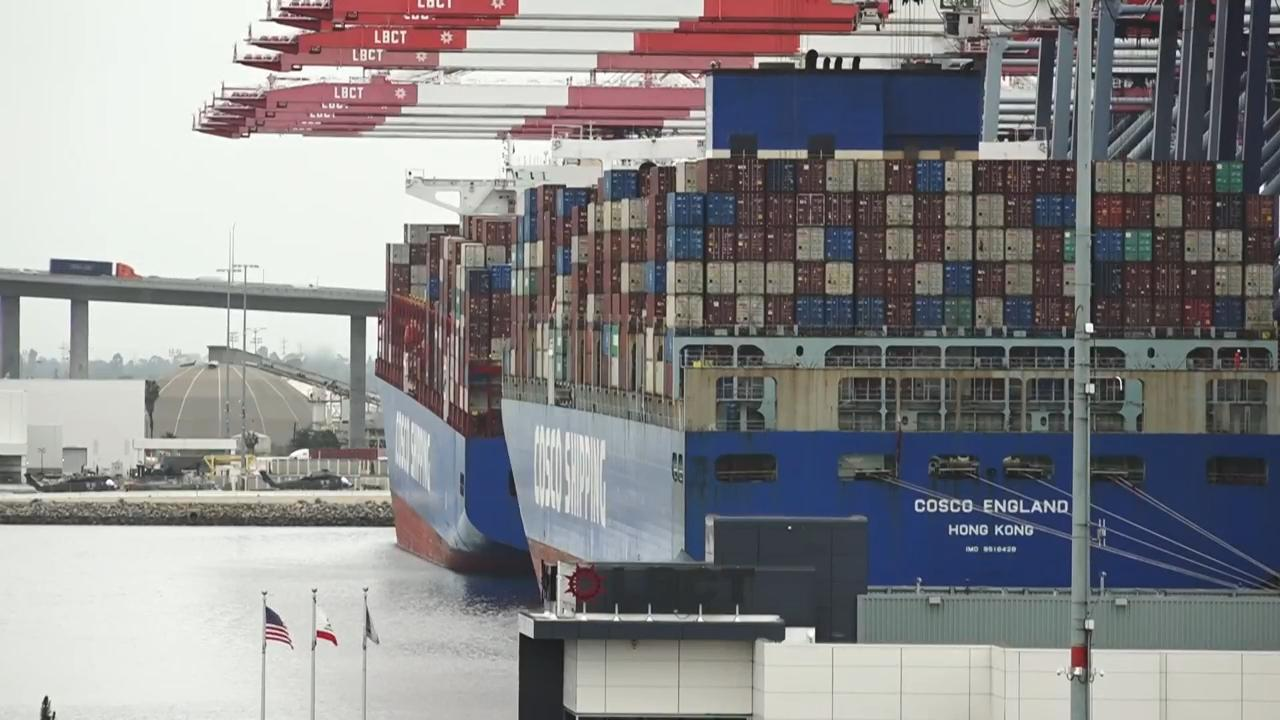The Port of Los Angeles, historically the busiest container port in the United States, is grappling with a surge in cargo ship cancellations.
This development has raised alarms among industry stakeholders, as escalating trade tensions between the U.S. and China begin to manifest in tangible disruptions to global supply chains.
A Sudden Shift in Maritime Traffic
In the first quarter of 2025, the Port of Los Angeles reported robust activity, handling over 2.5 million twenty-foot equivalent units (TEUs), marking a 5.2% increase compared to the same period in 2024.
However, recent weeks have seen a noticeable uptick in vessel cancellations, particularly from Asian ports. Industry experts attribute this trend to the newly imposed tariffs and retaliatory measures between the U.S. and China.
Gene Seroka, Executive Director of the Port of Los Angeles, expressed concern over the unfolding situation. “While our first-quarter numbers were strong, the recent surge in cancellations is unprecedented.
We are closely monitoring the situation and working with our partners to mitigate potential disruptions,” he stated during a recent press briefing.
Tariffs and Trade Policies at the Forefront
The current wave of cancellations is largely attributed to the U.S. administration’s decision to impose a 145% tariff on Chinese imports, a move aimed at addressing longstanding trade imbalances.
In response, China has enacted its own set of tariffs, further complicating the trade landscape.
Additionally, a proposed $1 million fee on each Chinese-made vessel docking at U.S. ports has sent shockwaves through the maritime industry.
This fee, significantly higher than the current charges, is expected to deter many shipping companies from servicing U.S. ports, thereby exacerbating the current situation.
Impact on Global Supply Chains
The ripple effects of these policies are already being felt across the globe. European ports, such as Rotterdam and Hamburg, are experiencing increased congestion as ships reroute to avoid U.S. tariffs.
Meanwhile, Chinese ports are witnessing a buildup of goods destined for the U.S., now left in limbo due to the sudden policy shifts.
Joe Kramek, President and CEO of the World Shipping Council, highlighted the broader implications: “These abrupt changes in trade policy are not only affecting shipping routes but are also causing significant disruptions in global supply chains.
Businesses are facing increased costs and uncertainty, which could have long-term economic consequences.
Looking Ahead
As the situation evolves, stakeholders are urging a reevaluation of the current trade policies to prevent further disruptions.
The Port of Los Angeles, along with other major ports, is actively engaging with federal agencies and industry partners to develop strategies aimed at mitigating the impact of these cancellations.
Disclaimer- Our team has thoroughly fact-checked this article to ensure its accuracy and maintain its credibility. We are committed to providing honest and reliable content for our readers.






